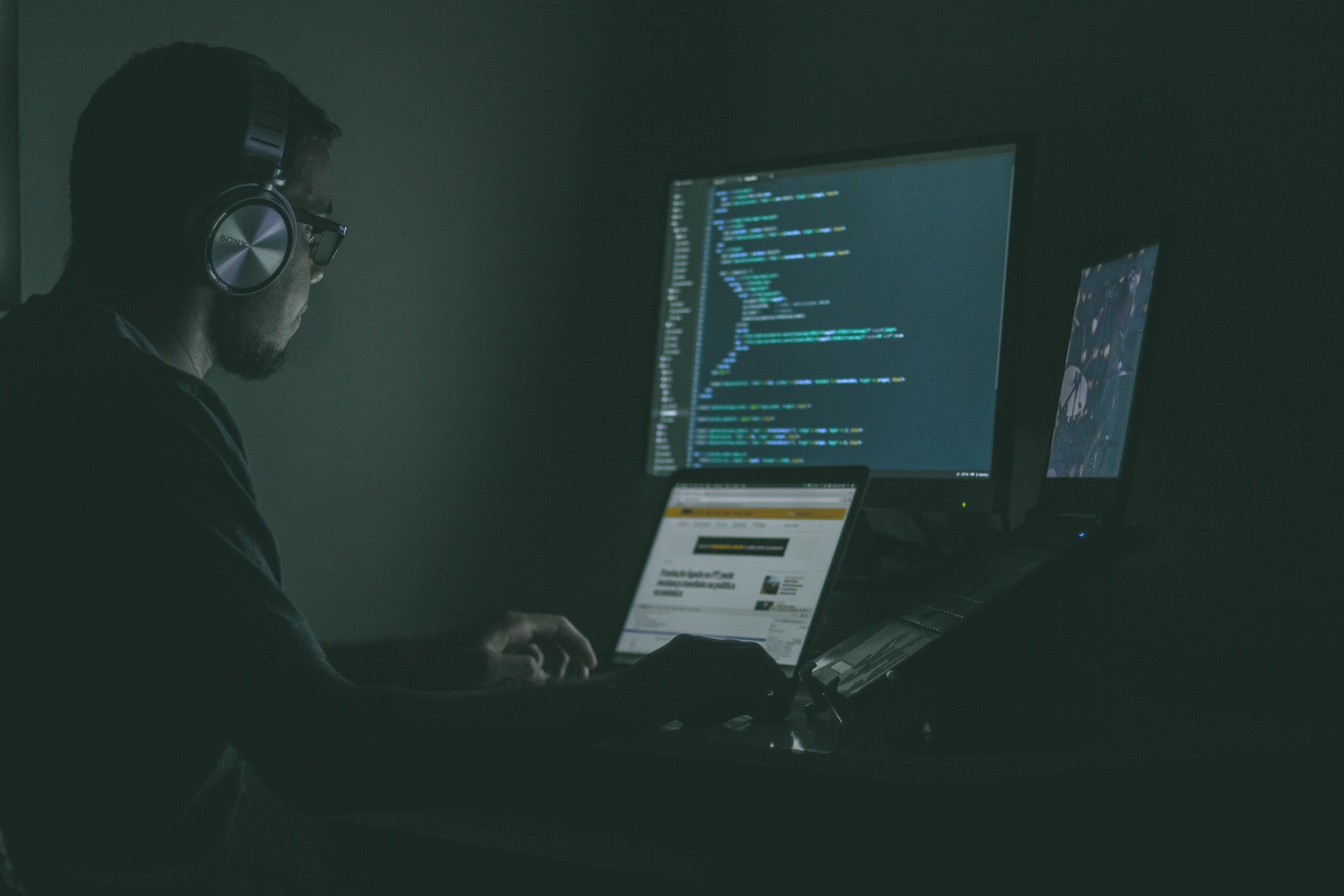Non-fungible tokens (NFTs) are on the rise as artists continue to look for alternatives to store, market and sell their digital assets. Just this month, an artist who goes by the name Beeple sold his digital artwork for more than $69 million, making it the most expensive NFT digital asset transaction ever recorded.
The growth of NFT has also inspired Ethereum fans to spend more than $224 million in digital assets so far in 2021 using marketplaces such as Rarible and OpenSea.
However, it is the issue of digital asset ownership bought through NFTs marketplaces that raises serious legal ramifications for everyone involved. The question of whether the copyrights are transferred to the buyer after purchasing the digital assets has been on everyone’s mind.
According to attorney Nelson Rosario, when a person buys an NFT, they are buying control over information in an entry in a ledger. These are the same types of transactions that occur when you purchase a cryptocurrency. Rosario continued by indicating that buying an NFT, therefore, does not give the buyer the right to own digital assets such as media files associated with the blockchain receipts.
Another aspect of NFTs that has also raised legal concerns is their longevity. There is still fear that the current boom and NFT craze may be short-lived and people holding these assets may fail to get back their value in case the bubble bursts.
Pumping NFTs has also raised concern, as many people in the NFT space continue to look at it as investments. Such was the case for Christian Moss, the co-founder of Zebedee which is one of the earliest versions of NFTs.
He indicated that his company stopped making Bitcoin-based collectibles because some buyers viewed these tokens as investments instead of toys. He also added that the Bitcoin transaction had also shot up which was also another contributing factor.
Moss said that many of his platform users started looking at ways they can pump the prices of their tokens, changing the model he had envisioned of people playing games on his platform. He added that he did not want his game to be an investment vehicle, noting that, in case those players had lost their tokens, he would have been legally liable and prone to lawsuits.
Rosario pointed that artists had the power to transfer copyright of work to NFT receipt-holders but added that, although that was possible, the process had not been streamlined to a point where a court of law or copyright office would recognize the transfer. He urged brands and platforms in the field of NFTs to have agreements in place that govern the whole process to ensure that the NFTs transfer would be seamless.
NFTs and adult content
Adult content creators are also tapping into the power of the NFTs, and selling their digital content on platforms such as Rarible.
To many, NFTs are now contributing to a large chunk of their income, with some photos going for hundreds of dollars. This is the case with PolyAnnie who indicated that her combined earnings on the NFTs platform far exceeded her other platforms such as OnlyFans and Patreon.
This also raises legal concerns for these platforms with many governments restricting adult content to a certain age while others ask platforms that deal with such content to deal with child pornography and revenge porn on their platforms. failure to deal with such platforms can also cause legal challenges for these platforms.







